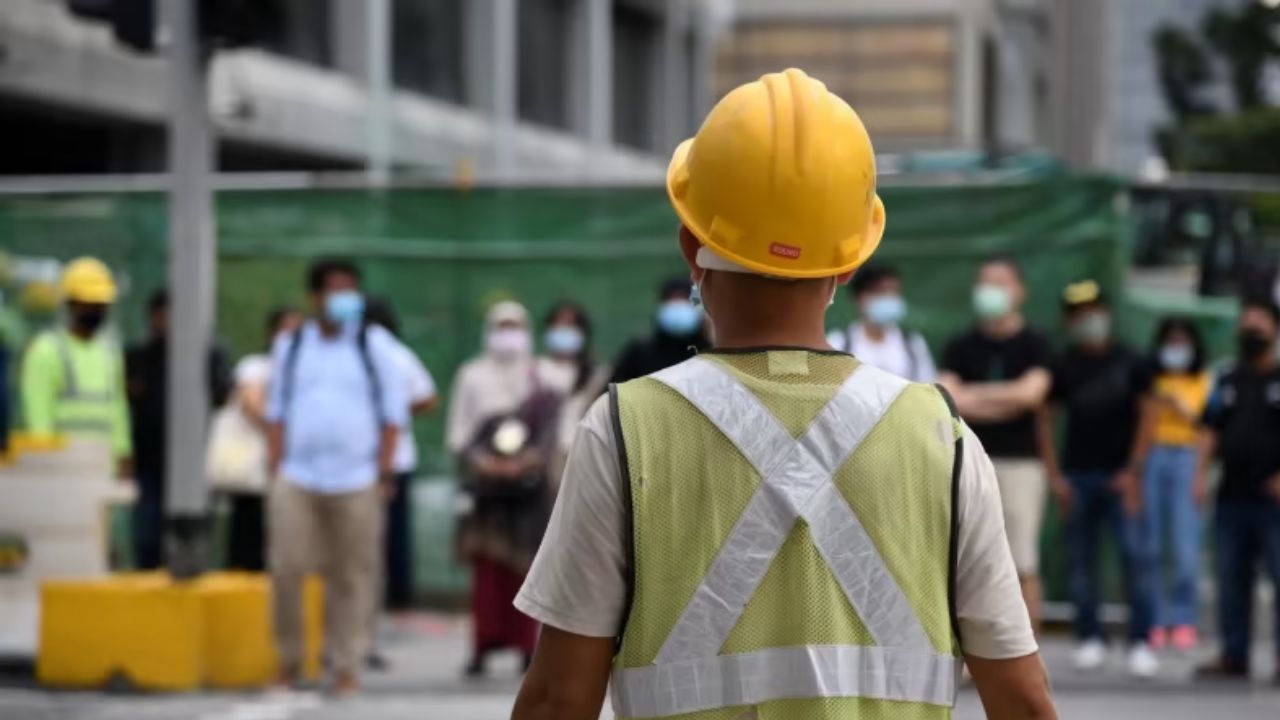The Singapore government has announced a $1,000 payout in 2025 to provide direct financial support to informal workers. These individuals, often not covered under traditional employment schemes, play an important role in the economy. This initiative ensures that freelancers, gig workers, and self-employed individuals are not left behind as living costs continue to rise.
Table of Contents
Why the $1,000 Payout Was Introduced
Informal workers include gig economy riders, freelancers, part-timers, and other self-employed individuals who do not enjoy benefits such as CPF contributions or paid leave. With the increasing cost of essentials like food, transport, housing, and medical care, many in this group face significant financial pressure. The $1,000 payout recognizes these challenges while providing a safety net to help manage critical expenses.
Who Qualifies for the Payout
To make sure that support goes to those who need it most, the government has set clear eligibility requirements. Applicants must be Singapore citizens aged 21 or above in 2025, working in informal or self-employed roles such as gig jobs, part-time positions, or freelance projects. They should belong to the lower or middle-income brackets, not be receiving similar payouts under other employment schemes, and must reside in Singapore with household property and income levels within the qualifying limits. Permanent residents and foreigners are not eligible for this payout.
How to Apply for the Payout
Unlike other automatic schemes, informal workers need to apply to receive this payout. The process is simple and fully digital. Applicants must log in to the official government portal using Singpass, complete the online form with their personal and income details, and upload proof of informal work such as gig platform records, invoices, or client contracts. Bank details will need to be provided to enable direct payment via PayNow or GIRO. Once submitted, applicants will receive confirmation and updates on the status of their application via SMS or email.
Payment Process and Schedule
Approved applicants will receive the $1,000 payout directly in their bank accounts. Those with PayNow-linked NRIC accounts will receive the funds first, followed by GIRO transfers. For workers without bank accounts, alternative collection methods will be arranged, though digital payment is encouraged to ensure faster processing. Applications are expected to open in the first half of 2025, and disbursements will start shortly after approvals.
Importance of the Scheme

This payout is more than just financial assistance; it is also an acknowledgment of the growing importance of informal work in Singapore’s economy. Whether it’s a delivery rider, a freelance tutor, or a part-time worker, these individuals keep essential services running. The $1,000 payout offers them financial relief and a sense of security, especially during uncertain economic times.
Additional Support in 2025
The $1,000 payout is part of a larger support package under Budget 2025. It complements other initiatives such as enhancements to the GST Voucher scheme, additional healthcare subsidies, and the distribution of CDC vouchers. These combined measures show the government’s commitment to providing targeted support to all segments of society, including those outside the formal employment sector.
Staying Safe During Applications
As with many government schemes, scams often surface around the time payouts are announced. Applicants should only use official government websites to submit their forms, avoid sharing sensitive information with unknown individuals, and be cautious of messages asking for payment to process applications. The entire process is free of charge, and staying vigilant ensures that workers receive their payout securely.
The Singapore government’s $1,000 payout for informal workers in 2025 is a timely and much-needed initiative. With clear eligibility guidelines, a straightforward application process, and secure digital transfers, the scheme ensures that financial assistance reaches those who need it the most. Informal workers are encouraged to prepare their documents early, apply through official channels, and stay informed to avoid missing out on this important support.

